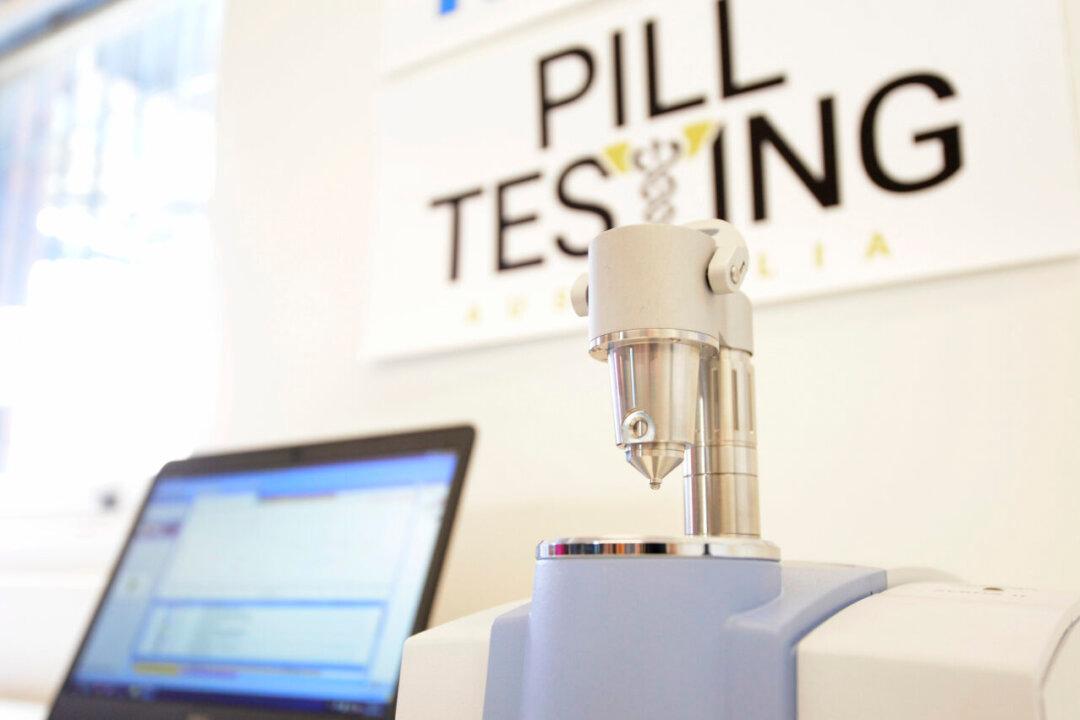Queensland will become the first Australian state to roll out pill-testing sites in an attempt to curb the harmful effects of illicit drugs.
The move will shift the country more in line with global standards on harm minimisation, one advocate says.

Queensland will become the first Australian state to roll out pill-testing sites in an attempt to curb the harmful effects of illicit drugs.
The move will shift the country more in line with global standards on harm minimisation, one advocate says.